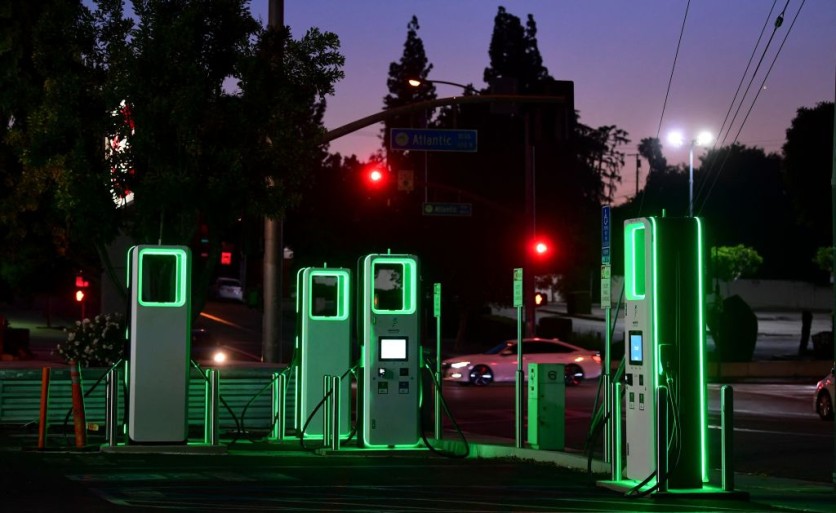In a bid to reduce carbon emissions, the European Parliament and member states have agreed to roll out electric and hydrogen charging points across the region over the next few years, according to a report by Bloomberg.
The agreement aims to deploy an EV charging station every 37 miles (60 kilometers) and service trucks with special stations at 77-mile (120-kilometer) intervals, with half of these targets expected to be achieved by 2028. By 2031, hydrogen refueling stations will also be available.

Addressing the Lack of Charging Infrastructure
This new regulation hopes to address the lack of charging infrastructure, which has been identified as one of the primary drivers holding back the EV transition.
"The agreement will send a clear signal to citizens and other stakeholders that user-friendly recharging infrastructure and refueling stations for alternative fuels, such as hydrogen, will be installed throughout the EU," said Andreas Carlson, the Swedish minister for infrastructure and housing.
Additionally, the European Commission introduced a landmark agreement this week to make sure all new cars sold in the EU are emissions-free by 2035. Passenger vehicles and vans are responsible for around 12 percent and 2.5 percent of all CO2 emissions in the EU, respectively, which is the primary greenhouse gas.
The UN warned that the goal of limiting the increase in global temperatures to 1.5C was likely to be missed if more measures were not taken, which led to the new quotas."
Under the new regulations, all new automobiles sold in the EU must emit no CO2 by 2035, and their CO2 emissions must be 55 percent lower than in 2021 by 2030.
Read Also : EV Home Charging Experience Satisfaction Decreases, Study Reveals Why Owners Are Frustrated
Decarbonizing the Transport Sector
The EU hopes that these new rules will make driving and charging a new generation car as simple and convenient as one that depends on petrol.
"We have to decarbonize the transport sector, which is still responsible for a huge bulk of emissions," said Ismail Ertug, the lawmaker in charge of the new landmark deal.
The EU also aims to ensure that 90 percent of heavy-duty vehicles have zero emissions by 2040. These ambitious plans will be a significant step towards reducing carbon emissions and achieving the goal of limiting global temperature increases to 1.5C.
EVs are becoming an increasingly popular alternative to traditional gasoline-powered cars, and their rise is significant in the fight against climate change.
The transportation sector is one of the largest contributors to global greenhouse gas emissions, accounting for nearly 25% of all emissions globally.
The majority of these emissions come from gasoline and diesel-powered vehicles, making the transition to EVs an important step in reducing overall emissions.
Related Article : #TechCEO: Stellantis CEO Carlos Tavares Wants to Meet Customers' Expectations by Electriying All Maserati Model





